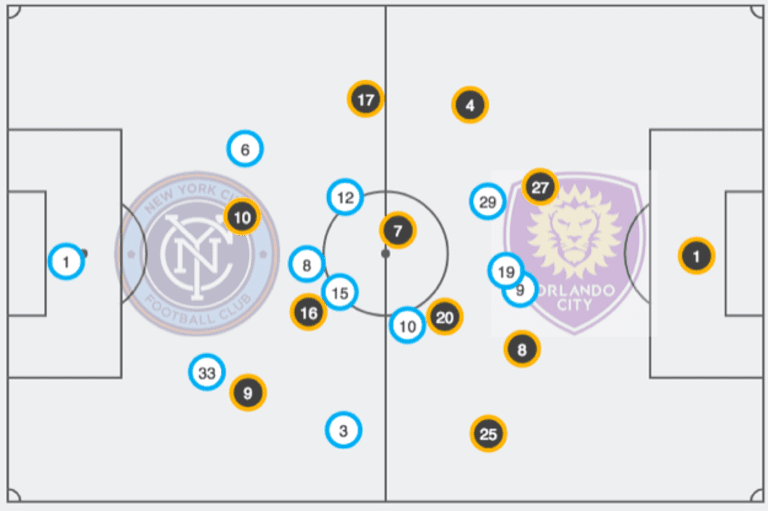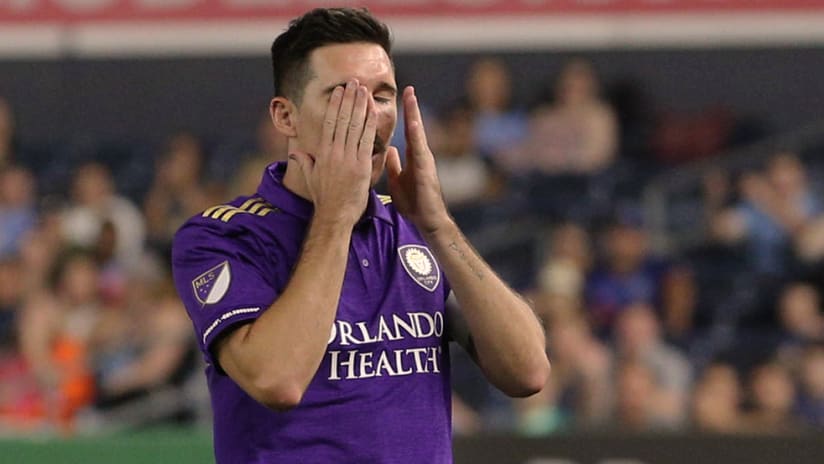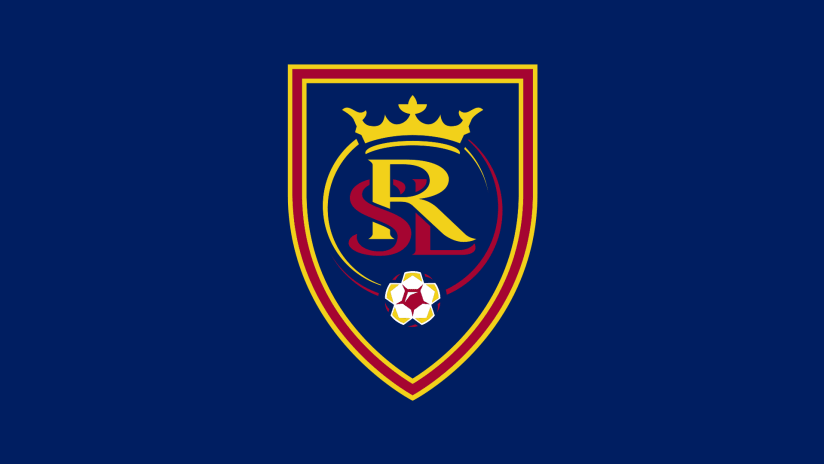For Orlando City SC, their roller-coaster ride in MLS started 12 games ago.
After winning six straight, they dropped the six to follow. The 18 total points amassed during that 12-game stretch were right in line with contenders like Columbus Crew SC (17), LAFC (18) and NYCFC. And yet, when the ride came to a stop, head coach Jason Kreis was out.

Orlando's Jekyll-and-Hyde act
During the six-match win streak, Orlando played the Red Bulls, Portland, San Jose, and RSL at home, with road matches at Philadelphia and Colorado. The Red Bulls rested their starters because of CCL commitments; Portland and Philly were still working through early-season growing pains; Colorado and San Jose still have only two wins apiece; and RSL hadn’t won on the road for over 10 months at the time. The six wins may have been a gift rather than a prize, and yet Orlando did what they needed to – win – in each instance.
During the losing streak, Orlando was juggling three crucial absences: star striker Dom Dwyer didn’t start in four of the six losses due to injury; Jonathan Spector missed five of the six games due to injury; and Yoshi Yotun missed five of the six games due to international duty. Almost any team would struggle if they were to lose three of their most important players. Spector, Yotun, and Dwyer are key components to what Kreis hoped to build.
The group that won the six straight was clearly different than the group that lost six straight and it’s fair to assume that they would’ve regained their form once the players returned. But the losing streak only seemed to be getting worse of late, with the last three defeats coming by three goals.
What happened?
The team appeared to experience an increasing lack of cohesiveness and it didn’t look like the 11 players were working as a unit.
One stat tells the story: Orlando have conceded the most goals in the league (31) and 17 of those goals came during their six-game losing streak. Tactically, Orlando just weren't able to align their attacking and defensive strategies, resulting in the attack leaving the defense hanging – and Kreis moving on.
Most teams that lack cohesiveness also lack an identity; their approach appears different in every game. That hasn’t been the case with Orlando. I think they have a pretty clear style, but the style separates their attacking from their defending.
They've been a “single-action” team (I made that term up right now but I think it fits): They break opponents down through individual plays. Under Kreis, they didn't try to dominate possession or shift opposing defenses out of place. In fact, during the six-week span of their win streak, Orlando were 8th in possession percentage in the league and 12th in passes completed per 90 minutes. Instead, they seemed to prefer open games, stretching the field so that players have space to work. That left it to the individuals to take on an opponent or attempt a killer pass.
Here is the “Average Positions Map” in a recent Orlando-NYCFC match. Notice the difference in the spacing between Orlando’s dots (yellow) and NYCFC’s dots (blue).

It’s a logical game plan: Orlando have talented players capable of individual magic from Sacha Kljestan on through Justin Meram, Josue Colman, Dwyer and Yotun.
It sounds like a logical game plan except it doesn’t suit half of Orlando’s team: the defenders. There's a clear downside, in that individual actions require space, and if you have space, then the opponent also has space if he wins the ball. So if your attack fails, you’re exposed on the counter.
A case in point – here's a snapshot of Orlando’s spacing in the moments before the Vancouver Whitecaps won possession and countered to score one of their five goals back on June 9:
The way you attack should determine the way you defend. If you plan to stretch the game to attack open space, then you must be prepared to defend in open space. Pick the right defenders; work on the coordination of your players in transition.
Orlando never demonstrated they were able to defend in open space, and then never adapted their attack to compensate, either. Kreis was not able to fix it. And after 31 trips to pick the ball out of their own net, they found themselves needing a drastic change at the helm.
The new manager will have four options:
- Sign new defenders. Except it’s not immediately clear that the club will have that luxury after all the acquisitions made during the offseason. (UPDATE: Orlando added center back Shane O'Neill on Friday.)
- Prioritize defending over attacking, like Portland have under Giovani Savarese. The issue is that it wouldn’t seem to jibe with Orlando’s style of play given their attack-minded starters like Kljestan, Meram and Yotun.
- Ask the defenders to be more proactive in their defending and stick tighter to opponents. Though that tactic obviously leaves little margin for error.
- Change the way the team attacks. This might be their best chance at righting the ship even if it leads to Orlando becoming less explosive in attack.
No more hero ball from the team’s stars. Release the attacking players from the idea that they need to make a play. Instead, encourage shorter passing connections and let the organic build-ups dictate the attacking movements. An attack based on short-passing sequences leads to a more compact shape, thus ensuring Orlando will have bodies near the ball when they lose it.
Orlando can become a better defensive team without becoming a more defensive team. They can still prioritize the attack while also prioritizing their defending.
They did it well in their most recent game with Montreal:
Notice how quickly they pressure Montreal as soon as the Impact win possession. The sharp defending is a product of the attacking pattern. Orlando players could choose simpler options in their passes, but at least they're attempting passes in the 10-15 yard range and have numbers around the ball.
I’m not claiming it’s a simple fix, but Orlando are not making the playoffs if the defense continues to concede at the current rate. And the best way to stop leaking goals may be to focus on how they attack.













